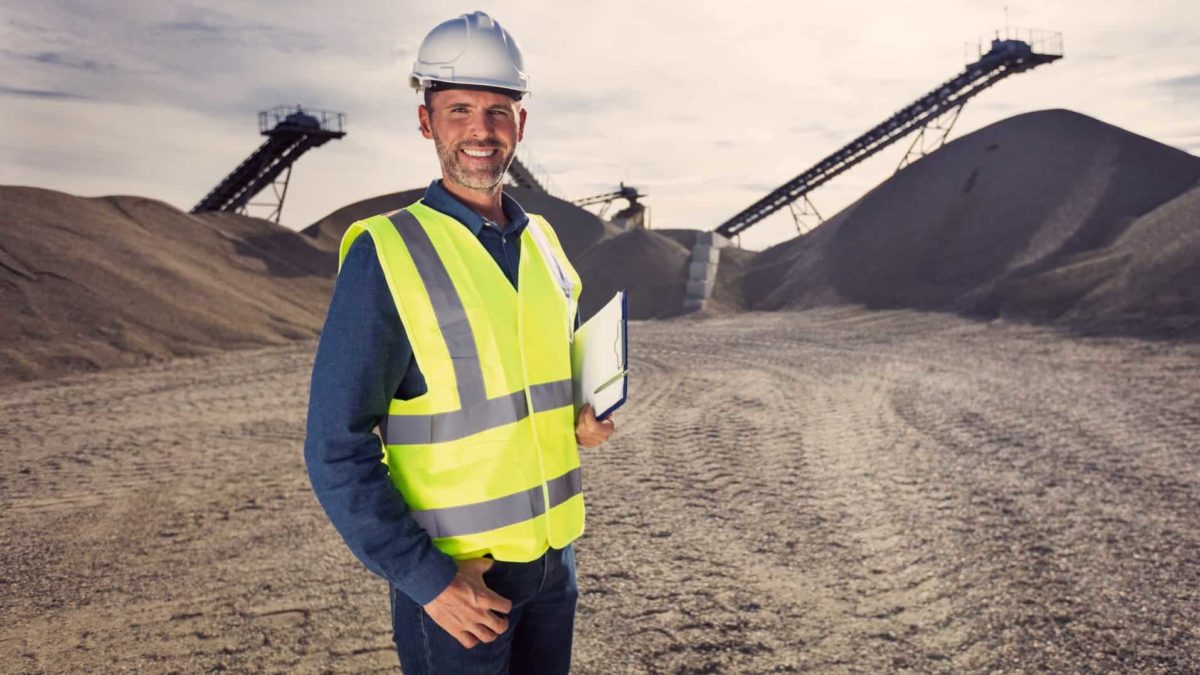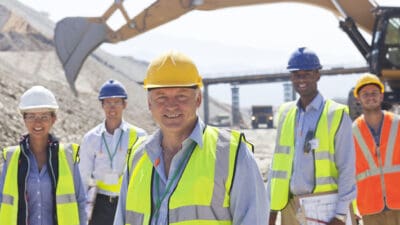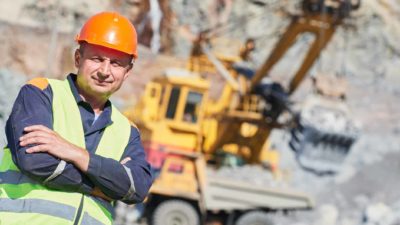The Calix Ltd (ASX: CXL) share price is 2.2% higher at the time of writing to trade at $5.58.
The price boost for this small-cap ASX share comes as the Calix founder discusses his patented kiln, which is currently being trialled by some mining companies to create low-carbon or 'green iron'.
What does Calix do?
Calix is an Aussie company that has developed a kiln capable of extracting substantial amounts of carbon dioxide from metals and minerals.
The company was founded in 2005 by its chief scientist Dr Mark Sceats and the late Connor Horley. Dr Sceats invented the kiln.
According to an article in the Australian Financial Review (AFR) today, Sceats hopes his kiln technology will be used across many industries to help the world decarbonise.
The kiln enables metals and minerals companies to decarbonise the stuff they dig out of the ground.
This includes being able to create low-carbon iron ore, which could then be turned into low-carbon steel. Game changer.
Mining companies trialling Calix technology
The kiln that Sceats invented has already proven itself in Europe's cement industry. It can extract 95% of the carbon dioxide in cement.
According to the article, Sceats has spent the past year adapting his kiln technology for iron ore processing.
The article states: "Dr Sceats, 73, has spent the past year focused on developing a low-carbon, affordable method for removing the oxygen from iron ore in the hope that he can help Australia's biggest export industry start selling "green iron" rather than iron ore."
In an interview on the Tech Zero podcast, Sceats declined to say which mining companies were trying his kiln out in current green iron trials.
But the AFR points out that Rio Tinto Limited (ASX: RIO) and Fortescue Metals Group Limited (ASX: FMG) have publicly said they want to sell more green iron to reduce their customers' scope three emissions when they heat the iron ore to make steel.
'Enormous' opportunity
Sceats has also adapted the kiln technology for other industries, including lithium mining, agriculture, and water treatment. But he says the massive global iron ore and steel industries potentially present Calix's biggest opportunity.
Sceats said: "It's enormous. It's got too many zeroes after it for me to make any sense of it at all."
Dr Sceats's kiln requires less expensive fuel for combustion and is able to use renewable energy to create heat. The kiln also provides better control over that heat to ensure maximum carbon dioxide extraction.
The kiln essentially heats minerals to their exact unique temperature at which gases escape. This escape makes the remaining mineral substance purer, while the extracted oxygen turns into harmless steam.
Australia could make its own steel
Sceats told Tech Zero that he could imagine an electric arc steel furnace in every major iron ore mining town in Australia by 2050.
Sceats said: "There is no impediment to Australia making steel, really. Shipping is going up, so the cost of transporting ores throughout the world is going up. Why not make the product here? The skills are here."
What else is happening at Calix?
The most recent price-sensitive news from Calix came on 1 June when Pilbara Minerals Ltd (ASX: PLS) announced that key commercial terms had been agreed for a joint venture.
The JV involves the development of a demonstration plant and potential future commercialisation of Calix's technology for lithium refining processes at Pilbara's Pilgangoora Project.
The Federal Government awarded them a $20 million Modern Manufacturing Initiative Grant to help fund the project.
Pilbara Minerals Managing Director and CEO, Ken Brinsden, said their common goal was "to further decarbonise lithium raw material supply chains".
Calix share price snapshot
The Calix share price has risen by more than 75% over the past 12 months.
In 2022, the share price is down 14.3%.









